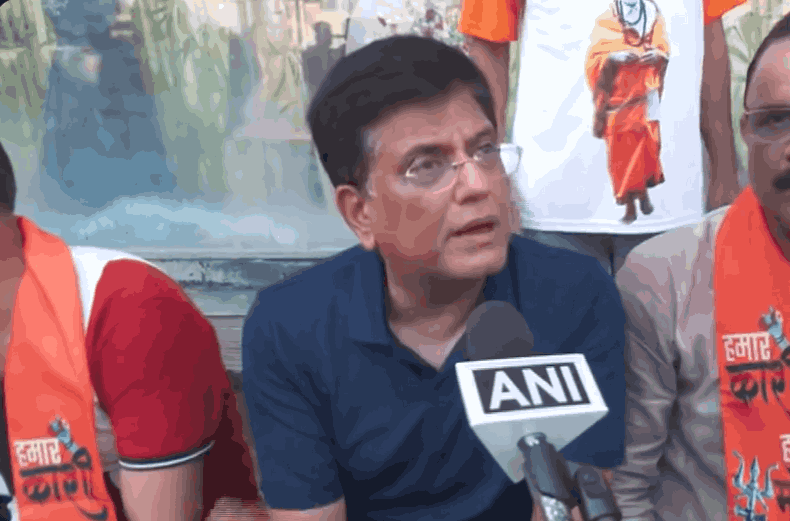Union Minister and BJP candidate from Mumbai North Lok Sabha seat, Piyush Goyal, recently made a statement condemning the policies of the opposition, specifically targeting the Indian National Congress and the Indian National Developmental Inclusive Alliance (INDIA). His comments touched upon several contentious issues, including appeasement politics, property surveys, racial divisions, and inheritance tax.
Appeasement and Divisive Politics
Goyal accused the opposition of engaging in appeasement and divisive politics. This is a common criticism leveled against political parties that are perceived to be favoring certain groups over others for electoral gains. The term ‘appeasement politics’ often refers to policies or actions that are seen as pandering to specific communities, religions, or social groups.
Property Surveys
The Union Minister also mentioned property surveys in his critique. A property survey is a professional measurement used to determine or validate the dimensions of a property. In India, the concept of property surveys has been implemented in some states for various purposes, including land management and taxation. However, it’s unclear from Goyal’s statement what specific aspect of property surveys he was referring to.
Dividing Based on Race
Goyal’s comments about dividing based on race touch on a sensitive topic. The concept of race has been used historically as a mechanism of social division. However, it’s important to note that India’s social divisions are typically based more on caste, religion, and language rather than race.
Inheritance Tax
Inheritance tax was another point of contention in Goyal’s statement. Inheritance tax, also known as estate tax, is a levy imposed on the value of an estate before it is passed on to the heirs. While many countries have an inheritance tax, it’s worth noting that India abolished its inheritance tax in 1985.
The Opposition’s Stance
The Indian National Congress and the INDIA alliance, which consists of 26 parties, have their own set of policies and ideologies. They have been vocal about their commitment to social justice, inclusivity, and developmentalism. However, Goyal’s comments suggest a stark ideological divide between the ruling party and the opposition.
In conclusion, Piyush Goyal’s recent comments provide a glimpse into the ongoing political discourse in India. As the country gears up for the upcoming elections, such exchanges are likely to intensify, highlighting the differing ideologies and policy approaches of India’s diverse political landscape.



